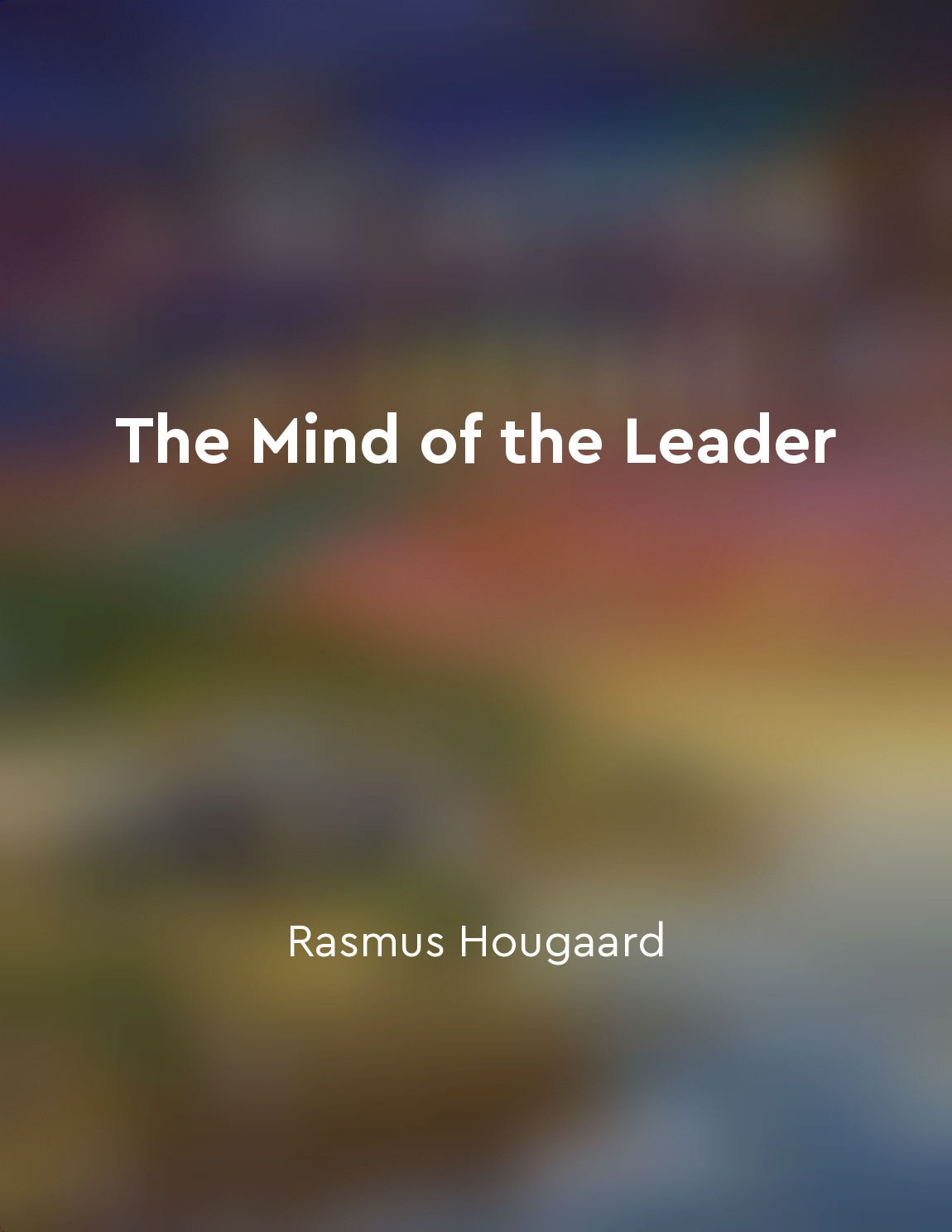Emotional intelligence is essential in poker from "summary" of BIGGEST BLUFF by MARIA. KONNIKOVA
Emotional intelligence is the ability to understand and manage your emotions, as well as the emotions of others. In poker, this skill is crucial because the game is not just about the cards you hold, but also about how you interact with your opponents. Being able to read your opponents' emotions and reactions can give you a significant advantage at the table. When you have a high level of emotional intelligence, you can pick up on subtle cues and signals that others may not notice. For example, you might notice a slight twitch in your opponent's eye when they have a good hand, or a nervous tapping of the foot when they are bluffing. These small details can give you valuable information about the strength of your opponent's hand, allowing you to make more informed decisions about your own strategy. In addition, emotional intelligence can help you manage your own emotions during a game of poker. It's easy to get swept up in the highs and lows of the game, especially when money is on the line. However, by staying calm and focused, you can make better decisions and avoid making costly mistakes. One key aspect of emotional intelligence in poker is the ability to control your impulses. It can be tempting to go all-in on a risky hand when you're feeling confident, or to fold prematurely when you're feeling anxious. However, by staying in control of your emotions and impulses, you can make more rational decisions that are based on logic and strategy rather than emotion.- Emotional intelligence is essential in poker because it allows you to understand yourself and others better, make more informed decisions, and ultimately improve your chances of success at the table. By honing your emotional intelligence skills, you can become a more formidable and strategic player, increasing your chances of coming out on top in the game of poker.
Similar Posts
Teaching goalsetting strategies enhances emotional intelligence
Setting goals is a crucial aspect of developing emotional intelligence in students. By teaching goal-setting strategies, educat...
Emotionally intelligent leaders are more effective in motivating and inspiring their teams
Emotionally intelligent leaders possess a deep understanding of their own emotions and are skilled at managing them effectively...

Feedback should be constructive and nonjudgmental
Feedback plays a crucial role in interpersonal communication, as it helps individuals improve their performance and develop the...
Nonverbal cues provide additional layers of communication
Nonverbal cues, also known as body language, play a crucial role in communication. While verbal communication involves the use ...

Selfawareness
Self-awareness is a crucial concept in understanding dark psychology. It involves being conscious of one's thoughts, emotions, ...
Handling criticism constructively is vital
Criticism is a part of life. It is something we all must face at some point or another. How we respond to criticism can make al...
Cultivating a positive attitude can enhance relationships
Having a positive attitude can make a significant difference in the quality of our relationships. When we approach interactions...

Leveraging the power of collaboration and teamwork in leadership
Collaboration and teamwork are essential components of effective leadership. Leaders who understand the power of working togeth...
Healthy relationships
Healthy relationships are connections based on mutual respect, open communication, and trust. In these relationships, both part...
Fostering a culture of transparency leads to effective communication
When people talk about transparency in the workplace, what they often mean is that everyone knows what everyone else is doing, ...


